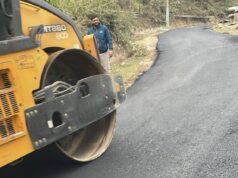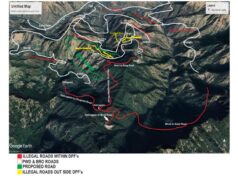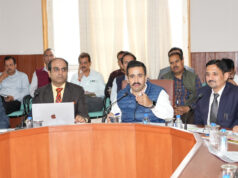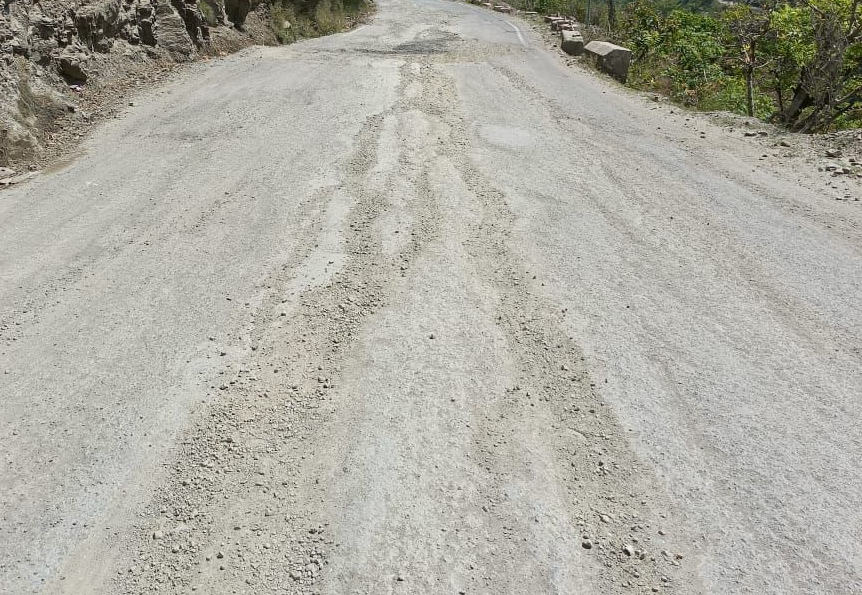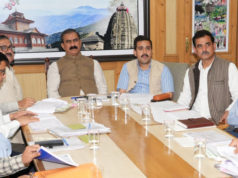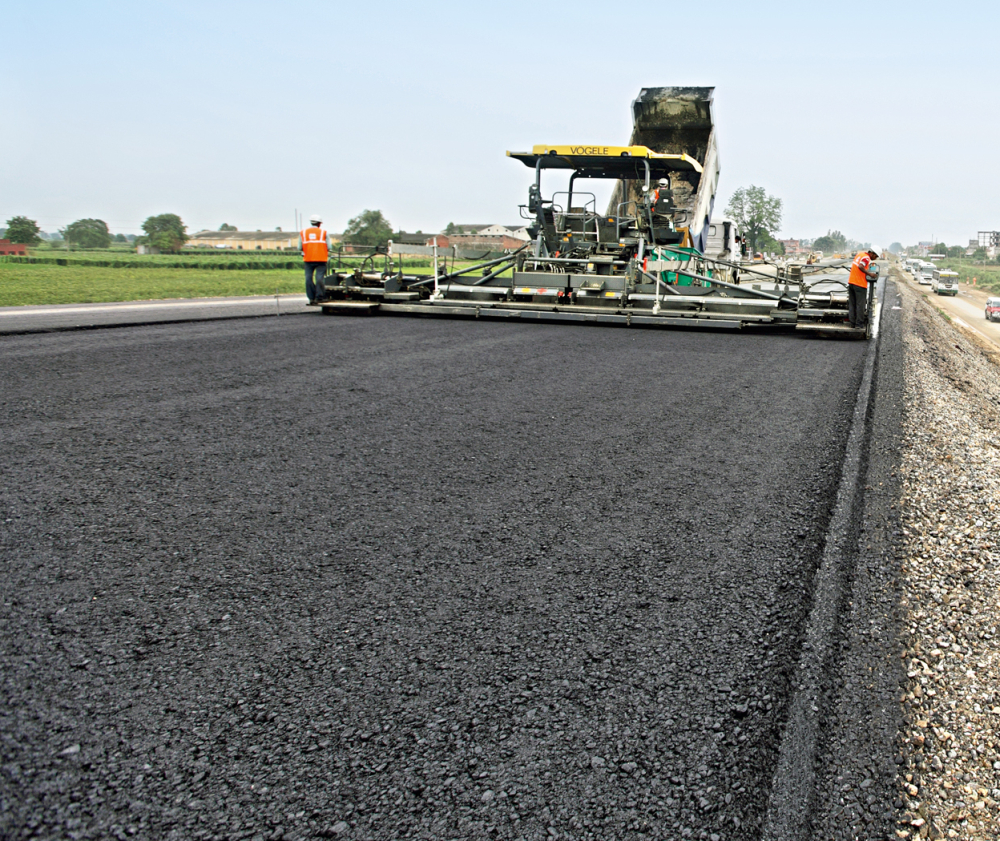In a groundbreaking initiative, Himachal Pradesh is set to construct 20 roads using the modern Full Depth Reclamation (FDR) technology, marking a significant shift towards sustainable infrastructure development. This innovative method, which eliminates the need for new construction materials, utilizes raw materials produced during the road construction process itself. By adopting this approach, the state aims to cut costs and ensure long-lasting roads that are resistant to damage from heavy rains.
The Public Works Department (PWD) and DKS Company conducted a trial on Monday for the 20-kilometer road from Ganpati Road to Koon Katar in Mandi district. Following the successful trial, construction work will commence under the supervision of DKS, a reputed construction firm based in Mandi. The project, estimated at Rs 16 crore, is the first in the state to employ FDR technology.
Nitish Sharma, Director of DKS Company, explained the process: “Special machines worth crores have been purchased for this work. First, the asphalt and underlying materials are pulverized and mixed to create a uniform base. This is followed by the application of a cement and chemical powder mixture. The final steps involve geo-matting with a special chemical layer and a light coating of bitumen, ensuring durability and crack resistance.”
FDR technology upgrades old roads by reusing materials like ballast and other components from the existing structure. This method negates the need for new sand, gravel, or other materials, thereby reducing reliance on mining and mitigating environmental degradation. The resultant roads are not only cost-effective but also strong, with an expected lifespan of 18 years.
Chief Engineer of PWD Mandi, NPS Chauhan, highlighted that 16 roads in Mandi and four in Kullu will be built using this advanced technology. “The construction work of Thalout has already started. This approach ensures sustainability and long-term benefits for road infrastructure,” he added.
FDR technology has been previously implemented in states like Uttar Pradesh and Madhya Pradesh with remarkable success. By reusing materials, this method significantly reduces the environmental footprint of road construction. The avoidance of new material procurement lowers costs and minimizes the strain on natural resources, such as sand and gravel, often extracted through mining.
Experts emphasize that adopting such technologies is crucial for states like Himachal Pradesh, where mining poses severe environmental challenges. The reuse of materials aligns with global trends towards circular economy practices, ensuring efficient resource utilization and reduced waste.
As Himachal Pradesh embraces FDR technology, it sets a precedent for other states to follow. The trial and subsequent projects in Mandi and Kullu demonstrate the feasibility and benefits of this approach. By prioritizing sustainability and cost-efficiency, the state not only addresses immediate infrastructure needs but also paves the way for a greener future.


